SUMMARY
This is AI generated summarization, which may have errors. For context, always refer to the full article.
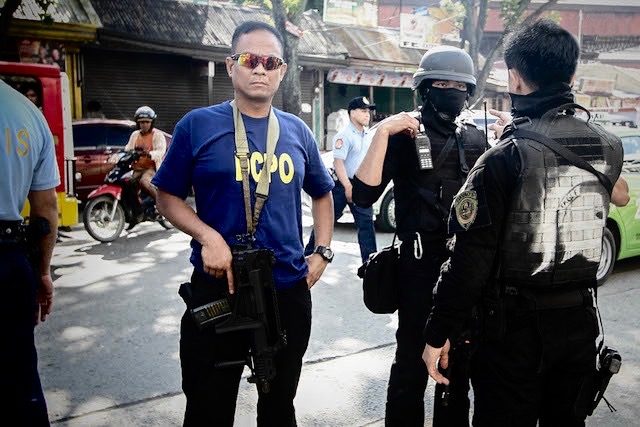
MANILA, Philippines – When you ask him enough questions, Brigadier General Vicente Danao Jr, with badge number O-03104, starts to sound like the President.
At first, he drops overused keywords in the police service: police-community relations, exemplary cops, leading by example. Discipline.
As he is prodded to address the disorienting challenges that hound the new city he watches over, the cursing intensifies: putangina (son of a bitch), putragis (damn), mga tarantado (bastards).
Like President Rodrigo Duterte, Danao, more than anything, hates illegal drugs. He is the new police chief of Manila, and he has an ultimatum for the capital’s cops.
“‘Yung ibang kaso mapagbibigyan ko, except drugs. ‘Pag may malaman ako diyan na involved sa droga, lalo na kayo ang nagdidistribute o nagbabasura, putangina, ibabasura ko kayo, punyeta. Papatayin ko kayo. Blatantly sinasabi ko na. Putangina nila,” Danao told Rappler in an interview in his Manila Police District (MPD) office.
(I can forgive other cases, except drugs. If I discover anyone involved in drugs, especially those who distribute or just throw them around, son of a bitch, I will go after you, god damn. I will kill you. Blatantly I am saying that. Sons of bitches.)
Danao, by all accounts, is a true blue Davao cop – part of the so-called Davao’s finest.
Danao stood beside Duterte when he was receiving politicians and businessmen prodding him to run for president back in 2015. He had to secure their travels to city hall and back to the airport. While they were taking a breather, Danao teased the mayor about aiming for Malacañang.
Three years later, Duterte would be one of the most consistently popular presidents in the Philippines, bringing an unrelenting anti-illegal drugs and crime campaign from Davao City – which Danao oversaw – to the entire country.
Danao finally followed Duterte to Manila after two years, assuming his post in November 2018.
But Danao’s is not a story of catching up with his mayor. Now stationed in the dirtied capital, he faces sinister problems of his own that can overwhelm even the Davao upbringing he prides himself with.
Danao’s rise in Davao
Danao has flanked Rodrigo Duterte for decades, starting out as a special force cop right after he graduated from the Philippine Military Academy in 1991.
In 1995, he became the commander of one of the smallest stations in Davao City, which covers the city’s Baguio district. From 2001 to 2007, Danao steadily rose watching over Davao’s largest district of Talomo, coinciding with Duterte’s terms as mayor.
The Talomo post was feared even by Davao cops themselves.
“Ayoko maghepe doon (I didn’t want to be chief there),” one former Davao cop told Rappler. “Ikaw lahat maghahatid sa pintuan ni Lucifer (You will be the escort to Lucifer’s door).”
Danao then advanced to the Davao Regional police headquarters to be promoted to colonel before returning to Davao City as its police chief in October 2013. He attributed his promotion to Davao City top cop to Duterte’s trust in him.
“Maybe he took notice of my performance then,” he said casually.
During his time in the so-called King City of the South, Danao worked under a gallery of generals who today hold key posts in the Duterte administration: Technical Education and Skills Development Authority chief Isidro Lapeña, Senator-elect Ronald dela Rosa, Bureau of Immigration Commissioner Jaime Morente, and Dangerous Drugs Board chief Catalino Cuy.
As Davao police chief, he headlined a controversy that tainted his reputation and fractured his family in 2014. Danao was recorded beating his wife. The video went viral, triggering a wildfire in the media.
He was sacked to give way to a one-month investigation that eventually cleared him. He then returned to his office.
While facing the ordeal, which to him felt like his career hitting rock bottom then, one of the people he cried to was then-mayor Duterte. The police chief asked the mayor if he should move forward with a separation. The mayor replied, he had his back.
The close relationship of Danao sounds familiar because he is not the only Davao cop who came crying to Duterte. Cebu City police chief Colonel Royina Garma went to city hall seeking help in dealing with her police husband who supposedly slept around.
It’s the closeness to Duterte that Davao cops have cherished as they moved to key parts of the country, even at the top of the PNP command chain. Under the Duterte presidency, this closeness has cloaked them with confidence as they stepped into police command conferences.
When Duterte assumed office as president, Danao was assigned chief of counterintelligence of the Directorate for Intelligence, then deputy chief for operations of the powerful Criminal Investigation and Detection Group (CIDG).
It was under Danao’s watch that the CIDG proactively sent agents to the Senate to stand guard, ready to arrest Duterte’s chief critic, Senator Antonio Trillanes IV. It was at the height of the amnesty papers controversy that hounded Trillanes.
When this reporter asked him about that episode, he simply chuckled.
On to Manila
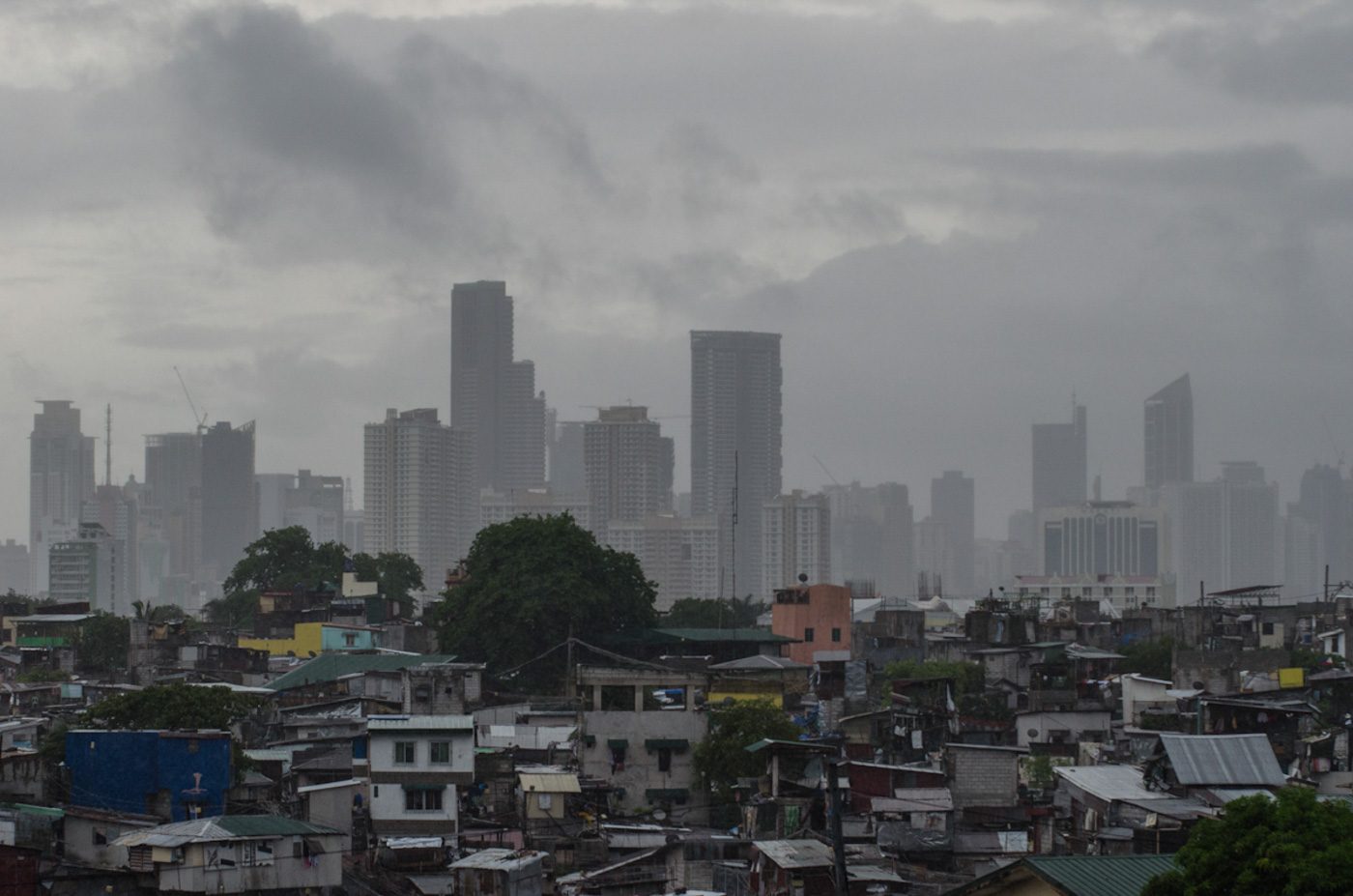
Manila City, however, is a whole different world compared to Davao.
Davao and Manila are populated by roughly the same number of people, around two million. But the residents of Manila are packed in an area 56 times smaller than Davao’s.
In Davao, hills of green roll in the horizon, the country’s tallest mountain crowns the city as its high-rise buildings spread throughout. Manila, meanwhile, is a panorama of traffic, filth, and congestion.
While Davao thrives in relative isolation, Manila is bordered by equally developed localities in the concrete jungle of Metro Manila, with crimes committed across borders.
Yes, Davao is spooked by death squads and drug lords, as is Manila. It has gangs for generations now running Tondo and its urban poor areas, Binondo has nightly brawls, and has even become a haven for high-crime masterminds.
In various instances, cops themselves have been caught committing crimes. In 2018, an entire office of the Manila Police District (MPD) was raided for alleged involvement in illegal drugs.
Davao City has been led for decades by the Duterte family, which has turned the city into a metropolis of peace and order. Manila, meanwhile, has been passed on from one politician to another. At one point it was led by retired police general Alfredo Lim, who still failed to suppress crime.
All Manila police chiefs also carry the burden of shaping how the rest of the world perceives the crime situation in the entire country.
Crime has dipped since 2014, but it still remains way above Davao City’s. And as the cops arrest hundreds of people nightly, police stations remain dirty and dilapidated.
This is the battered megapolis that Danao has inherited, and this time, he has to work around the chaos without a Duterte by his side.
How Danao speaks
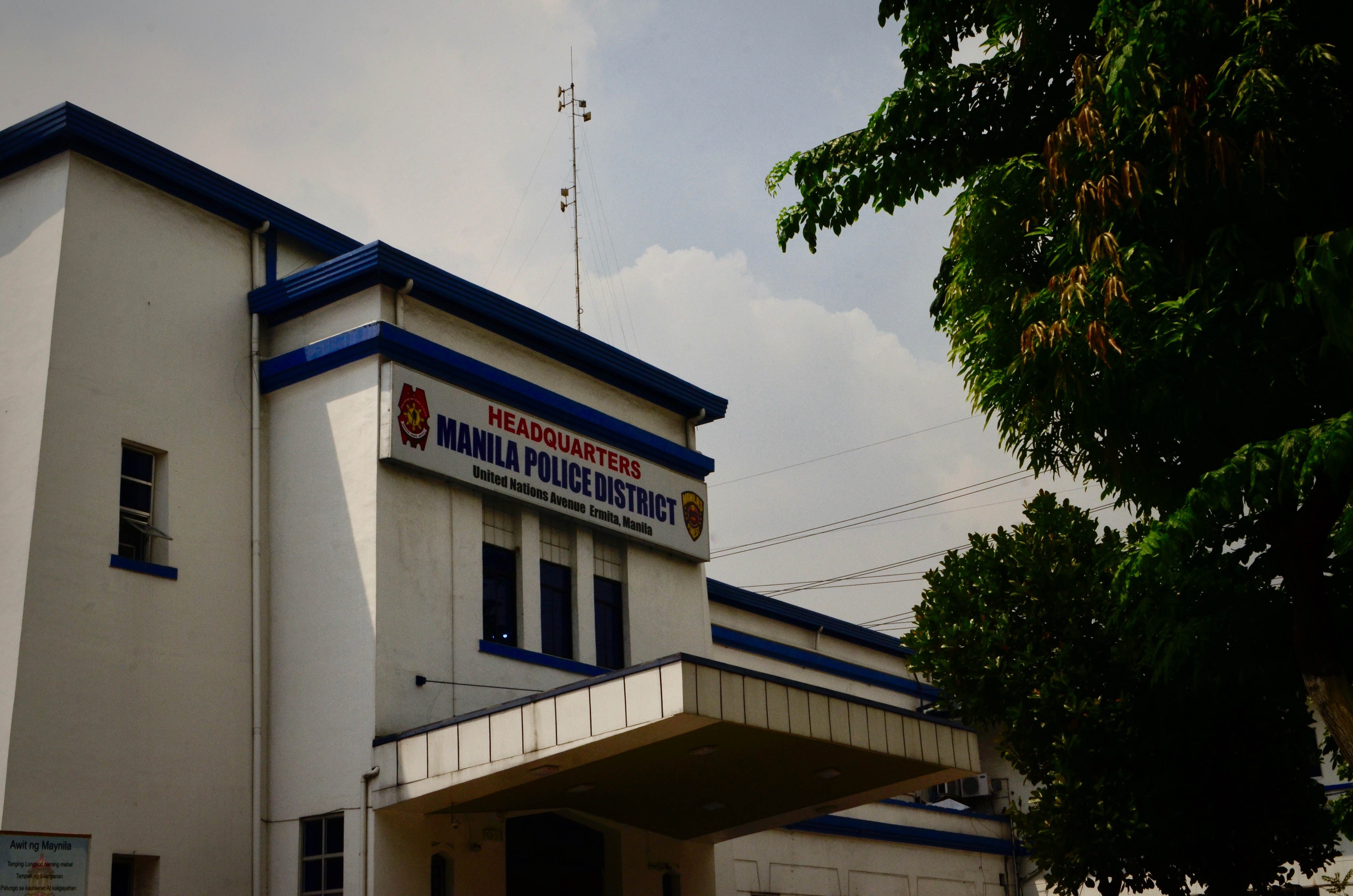
The office of the Manila Police District chief sits at the center of the building’s 2nd floor, enclosed by whitewashed glass. Standing guard outside is a row of pot-bellied newbie cops who greet all guests who enter.
Inside, cops who do administrative work file folders on their desks. In the middle is a door leading to the chief’s room.
A quick scan of his office yields the following: a dining table, a mahogany desk, two bicycles propped up by stands, plaques and memorabilia of his PMA class, 9 screens flashing live footage from CCTV cameras, a Philippine National Police flag, a Philippine flag, a portrait of Duterte.
Danao seated himself at the head of the dining table and declared without prompting that he believes that problems and solutions to crime can all be linked back to policemen themselves.
“If there is high incidents of crime in an area, that could only mean two things: that cops are lazy, they don’t patrol so crime is not prevented, or they are into crime themselves,” Danao said.
One of his classmates at the academy and fellow Davao-trained cop, Brigadier General Filmore Escobal told Rappler that Danao is known for his “strict and stern” leadership.
Escobal described his classmate as a “natay,” the one-person combination of mother and father. One moment, he can be calm and nurturing, the next, he can be using his fists on his subordinates. It’s a role he had to play for 3 of his children since his separation from his wife.
When he catches an erring cop, Danao isolates the officer and asks, “Papel o kamao (Paper or fist)?”
One leads to the filing of administrative and criminal charges, possibly leading to suspension, dismissal, and even jail time. The other means minutes of being beaten up by Danao himself. All the time, Danao said, they opt for his punches. When they don’t reply to his question or if they insist on denial, he takes it as a green light for him to begin the beatdown.
“I’ve been telling them, don’t try to lead me around in circles, because I have been in the police service first. Son of a bitch, all of the places I’ve gone to, I saw the involvement of cops in crime. Once you cut that off, you cut off crime,” Danao said.
At the end of every confrontation, he delivers a pep talk, when he aims to drill into their minds the importance of following the rules and the law. The pummel-then-talk procedure of discipline is common practice for the military and police academies, where erring cadets are beaten using fists and paddles then consoled by their upperclassmen.
It’s in speaking with his fists that he believes he can speak with the cops of Manila.
“You saw the cops outside? They’re under reformatory training. The bastards here, I brought beside me. I want to see them there every day up until I see them change,” Danao said.
Working with new mayor Moreno
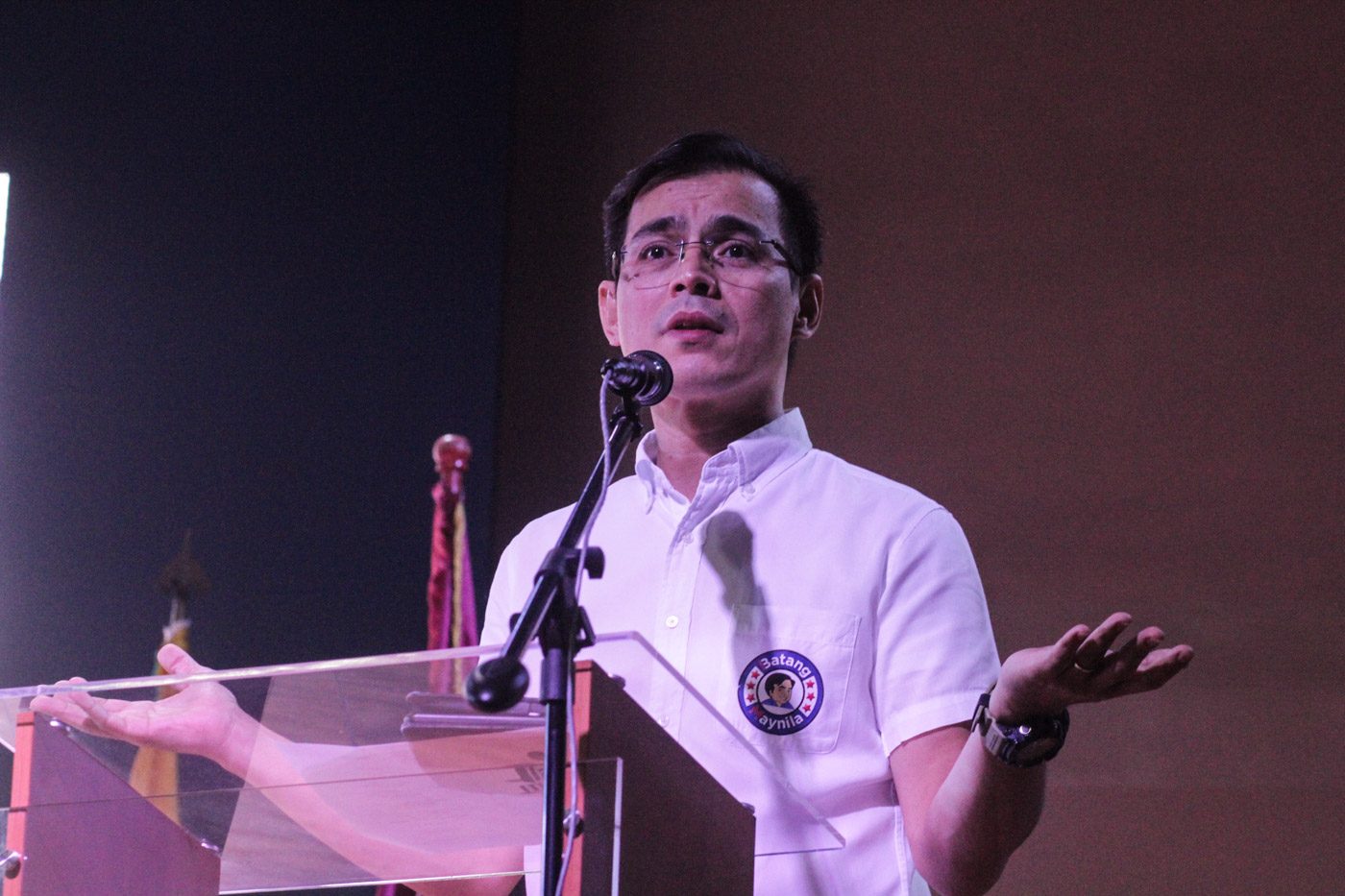
Danao, an Ilocano who grew up in Davao, can find either the greatest ally or greatest enemy in the person of Tondo-raised incoming mayor Isko Moreno Domagoso.
As his local chief executive, Moreno holds the funds needed to back up Danao’s dreams for Manila.
Even before winning as mayor, Domagoso had placed his foot down, declaring that he wanted no human rights violations during his term.
Ever since Duterte also rose to Malacañang, allegations of human rights violations in his landmark anti-drug campaign have continued to hound the police.
Many of the high-profile controversies and blunders in the so-called drug war occurred in Manila. Once, a police station chief was caught keeping a secret jail cell. In the slums, survivors of anti-drug operations whisper the names of cops who killed their kin. (READ: The Impunity Series)
While former mayor Joseph Estrada was silent on the controversies of Manila’s drug war, Moreno has been explicit that cops should apply higher tolerance in anti-drug operations.
When drug suspects run, Moreno stressed, cops should not shoot, but chase after them. Even if they can’t catch up, they cannot pull the gun unless the suspect attempts to shoot first.
Danao promised that much, saying that if he learned one thing from working with Rodrigo Duterte, it’s the value of empathy for the weak and poor.
Danao even bared that he has heard of a quota system being applied in Manila – cops are assigned a number of arrests and seizures every night pressuring them to work harder, becoming even sloppier.
“I do not want oppression under my term, and I’ve been telling that, so some of the police here I have told that them that I would strangle them if they don’t fix up. Because I don’t want that,” Danao said.
He added: “If we need to catch anybody, we should only catch those needed to be caught. You don’t catch them just because you were pressured from the top because we have to produce number games. I do not need that. What will you do with 1,000 arrests, if 999 aren’t true?”
His only wish for Moreno, he said, is that when he makes those arrests, they could have revamped police stations to house them as they await inquest.
Danao’s ambition
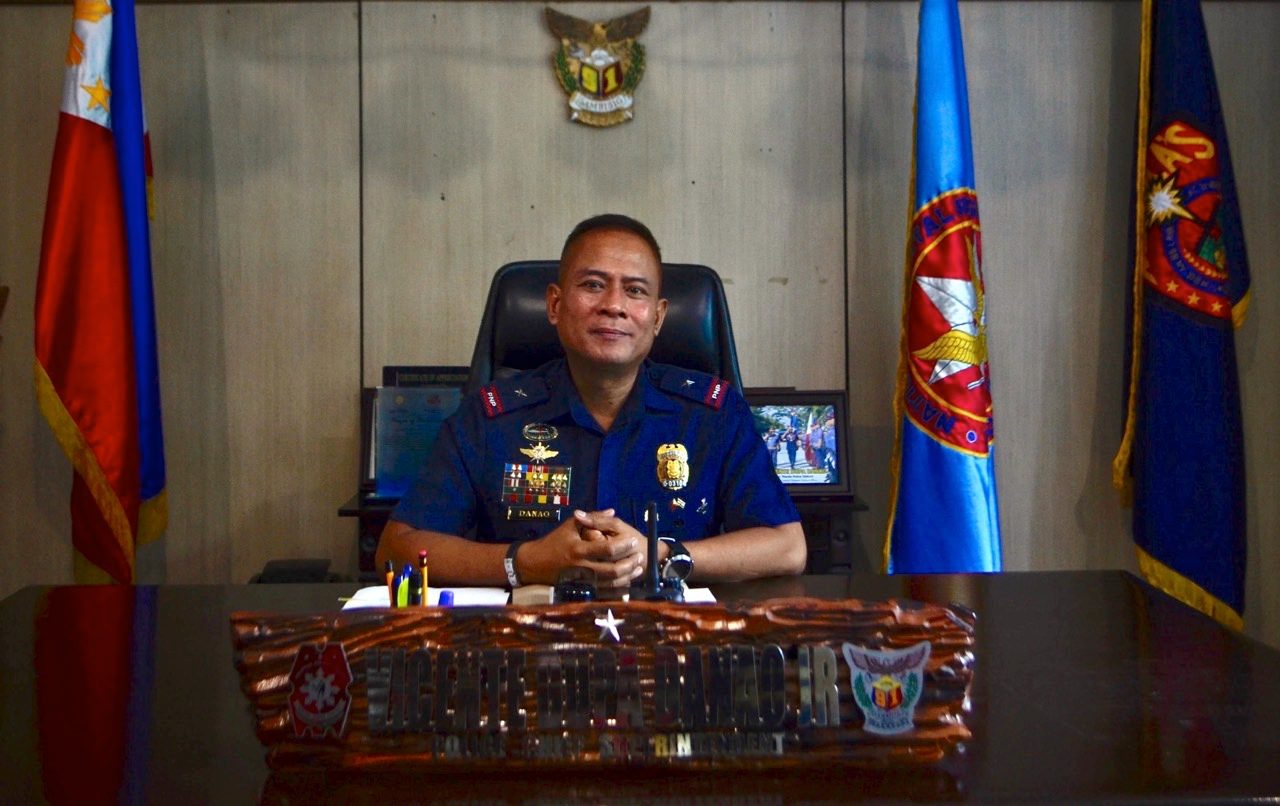
What Danao does not share often is that he really wanted the top spot of the MPD.
“Inambisyon ko (I ambitioned to be MPD chief),” he said.
His dreams for the position were primarily fueled by frustration. While he was working at the DI and the CIDG, reports kept on landing on his desk about the corruption of cops in the capital.
The allegations about cops planting illegal drugs hit a nerve.
“Ano ang meron sa MPD at bakit hindi ma-correct ang putanginang ganyang klase ng trabaho? I do not want an operation. Hindi ko ginagawa ‘yan, huhulihin lang kita. Dahil lang you have the capabilty to pay, lalagyan kita? ‘Di ko trabaho ‘yan, putragis,” he said.
(What’s with the MPD, why can’t that kind of work be corrected? I do not want an operation. I do not do that. I’ll just catch you. Just because you have the ability to pay, I’ll plant drugs on you? That’s not my job. Damn it.)
Had it been a different time too, Danao would not even think of wanting to be MPD chief. Only under Duterte can Davao cops dream of the top, he said.
“These ambitions only came after he became president,” Danao said. And so Danao informed his superiors that he wanted to lead MPD.
Will Danao ask for more? Retiring in 2023, he has ample time to pursue a path to becoming PNP chief. He only responded with President Duterte as his example.
“You know, being the PNP chief, let me tell you, is just like Duterte. He didn’t ambition to become the president too, actually. I was beside him then,” Danao said.
“But it was a twist of fate. It happened.” – Rappler.com
TOP PHOTO: NEW CHIEF IN TOWN. Manila police chief Vicente Danao Jr sees his Davao upbringing as enough to face the challenges and dangers of watching over the country’s capital. Photo by Rambo Talabong/Rappler
Add a comment
How does this make you feel?
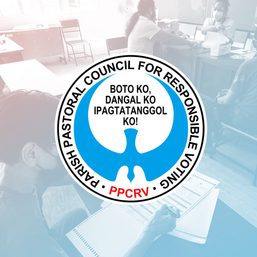
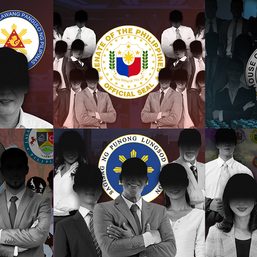
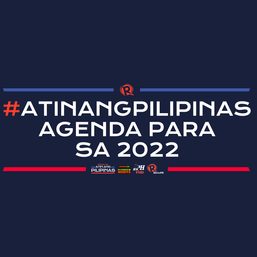
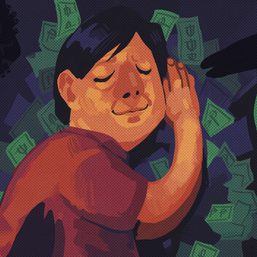
![[PODCAST] Beyond the Stories: Ang milyon-milyong kontrata ng F2 Logistics mula sa Comelec](https://www.rappler.com/tachyon/2021/11/newsbreak-beyond-the-stories-square-with-topic-comelec.jpg?resize=257%2C257&crop_strategy=attention)
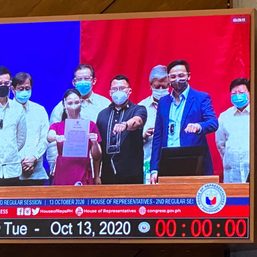
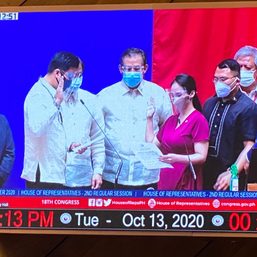
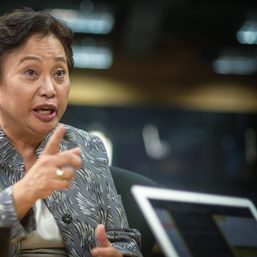
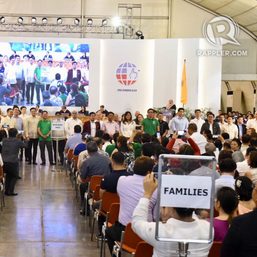
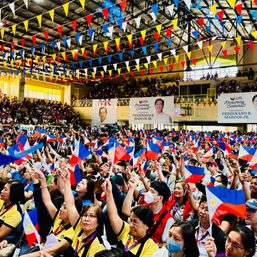
![[EDITORIAL] Ang low-intensity warfare ni Marcos kung saan attack dog na ang First Lady](https://www.rappler.com/tachyon/2024/04/animated-liza-marcos-sara-duterte-feud-carousel.jpg?resize=257%2C257&crop=294px%2C0px%2C720px%2C720px)
![[Free to disagree] How to be a cult leader or a demagogue president](https://www.rappler.com/tachyon/2024/04/TL-free-to-disagree.jpg?resize=257%2C257&crop_strategy=attention)
![[OPINION] Can Marcos survive a voters’ revolt in 2025?](https://www.rappler.com/tachyon/2024/04/tl-voters-revolt-04042024.jpg?resize=257%2C257&crop=251px%2C0px%2C720px%2C720px)
![[Edgewise] Quo vadis, Quiboloy?](https://www.rappler.com/tachyon/2024/03/quo-vadis-quiboloy-march-21-2024.jpg?resize=257%2C257&crop_strategy=attention)
There are no comments yet. Add your comment to start the conversation.